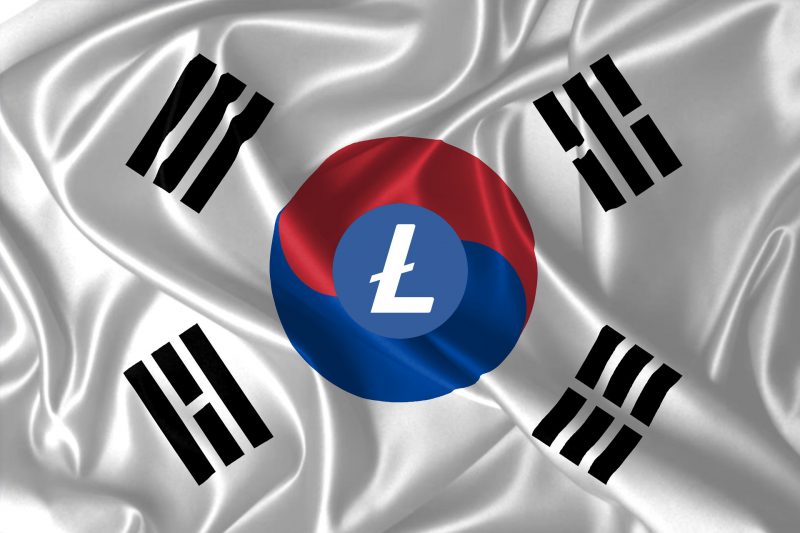Last week, the community welcomed Litecoin’s privacy-centric update, MimbleWimble into the ecosystem. Just as the network was adjusting to this transition, concerns over the “privacy” aspect gained momentum. This isn’t surprising, given that regulators aren’t on board with keeping transaction data hidden. South Korea’s prominent exchanges, Upbit and Bithumb were the first ones to raise their voice against confidential transactions.
South Korea has been making a lot of news in the crypto industry following Terra’s demise. As regulators in the country grow weary of cryptocurrencies, Korean exchanges are trying their best to stay off the watchdogs’ radar. As a result, Upbit and Bithumb issued statements highlighting the perils of privacy-centric coins post-Litecoin’s MimbleWimble upgrade.
MWEB allows its users to carry out confidential transactions. This means that details pertaining to the transaction, like name, addresses, and amount transferred would all remain shielded. Citing South Korea’s Reporting and Use of Specific Financial Transaction Information law, the aforementioned exchanges warned the community about Litecoin’s privacy transition. This law mandates crypto exchanges in the region to follow strict Anti-Money Laundering [AML] and Know Your Customer [KYC] policies.
Upbit and Bithumb’s latest statements instilled fear in the community over the delisting of Litecoin.
Did Litecoin see this coming?
Back when MWEB was first announced in 2019, the majority of the crypto community was displeased. While privacy-centric chains uphold the ethos of cryptocurrencies, regulators haven’t warmed up to these assets yet. The FATF’s travel rule was under the spotlight during the MWEB announcement. This rule forced exchanges to delist privacy coins like Monero [XMR], Zcash [ZEC], and others. As a result, the community speculated that Litecoin would endure a similar fate.
The statements made by Korea’s two popular exchanges that account for most of the country’s trading volume, got the community suspecting that Litecoin would have no place in South Korea.
Additionally, Litecoin failed to make it anywhere close to $100 following the upgrade. At press time, the altcoin was trading for a low of $69.61 with a 2.39 percent daily drop.





